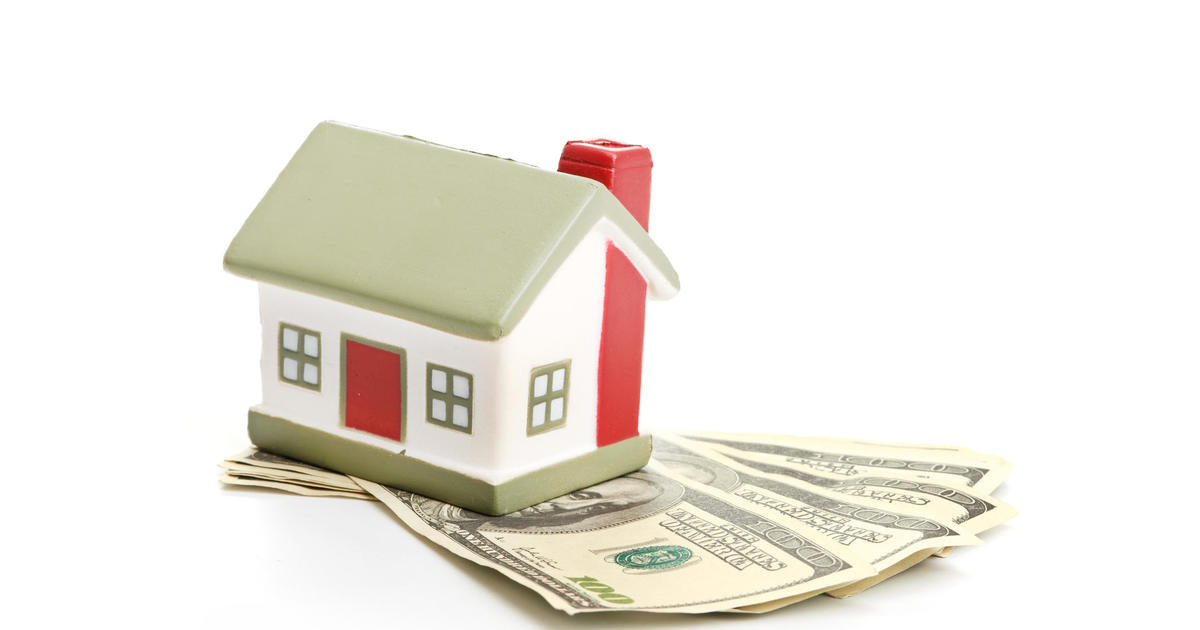Should you use your home equity now? Experts weigh in


The last few years have been tough for borrowers. High interest rates and steep home prices have made getting loans hard for many people. But things are looking up — the Federal Reserve just cut interest rates for the first time this year, and more cuts might be coming.
This shift has many homeowners thinking about tapping into their home equity. Josh Green, a mortgage loan officer at Barrett Financial Group, observes an interesting trend: “[More] homeowners are staying put and [using] their equity to improve their [homes] instead of selling and moving.”
But is this the right move for everyone? We asked three industry experts to weigh in on whether now is a good time to get a home equity loan or home equity line of credit (HELOC). Their insights below can help you decide if borrowing against your home’s value makes sense.
See how low of a home equity loan rate you could qualify for here.
Should you use your home equity now?
Experts say tapping into your home equity now can be wise, but it depends on your situation. Before you borrow against your home’s value, weigh these pros and cons:
Pros of home equity borrowing in today’s market
Home improvements top the list of reasons to tap into your home equity, according to Green. “Homeowners are feeling stuck in their current homes because they don’t want to lose their low mortgage rates,” he says. “So, they’re using their equity to [renovate] instead of buying something new.”
City Creek Mortgage’s co-founder, Mike Roberts echoes this sentiment, adding that certain renovations can make your money work for you. “[You can boost] your home’s value [and lower ongoing expenses] with energy-efficient upgrades,” he notes.
Knoxville realtor, Elizabeth Donaldson highlights another advantage: “Home equity loans and HELOCs often offer lower interest rates than credit cards or personal loans.” This makes them attractive for funding major expenses such as pursuing a college education. She also mentions that some homeowners use equity to invest in other properties or start businesses, potentially building wealth while maintaining their home as a long-term asset.
Explore the benefits of home equity borrowing here now.
Cons of home equity borrowing in today’s market
While tapping into your home equity can be beneficial, it’s not without risks.
The biggest one? “Taking on too much debt and not being able to keep up with the payments … you’re borrowing against your home’s equity, and it’s got to be repaid,” Green says. Don’t borrow more than you need, even if it’s tempting.
Market shifts can also pose a threat. “If [you] aren’t careful, [you] could end up owing more than [your property’s worth] if the market shifts,” Roberts cautions. He also emphasizes the timing risk: “If interest rates drop further, [you] might feel like you missed out on better terms. But if rates rise, [you] could pay more interest over time.”
Donaldson stresses the importance of considering your long-term financial health when deciding to tap into your home equity. “You could find yourself underwater on your mortgage if home prices [drop] or interest rates [climb],” she says. This situation can limit your financial flexibility and make it hard to sell your home without a loss. It could also put your property at stake. “If you [lose your job], failing to make payments on your home equity loan or HELOC could result in foreclosure,” she warns.
What to consider before using your home equity
Industry veterans suggest considering the following before tapping into your home equity:
- Purpose of the loan: Why do you need the equity? Is it for a smart use? Making home improvements that boost value or paying off high-interest debt are good reasons.
- Return on investment: For renovations, will the potential increase in home value outweigh the cost of borrowing? Solar panels, for example, can increase home value and provide energy savings.
- Current and projected financial stability: Will you be able to repay the loan over time? How will it impact your cash flow?
- Home value trends: Look at rising home values in your area. Investing in renovations could increase your home’s value even more in a competitive market.
- Alternative options: See how other financial methods stack up to home equity borrowing before committing.
The bottom line
Tapping into your home equity can pay off, but it’s not a decision to make lightly. Donaldson advises that while interest rates may become more favorable in the coming months, lending standards could tighten. That’s why it’s important to fully understand your financial situation and consider the cost-benefit of borrowing now.
If you’re thinking about getting a home equity loan or HELOC, start by assessing your current financial stability and long-term goals. Then, speak with several lenders to compare rates, terms and borrowing limits. It may also help to consult a financial advisor who can help you weigh the pros and cons.
Have more questions? Learn more about your home equity options here.







